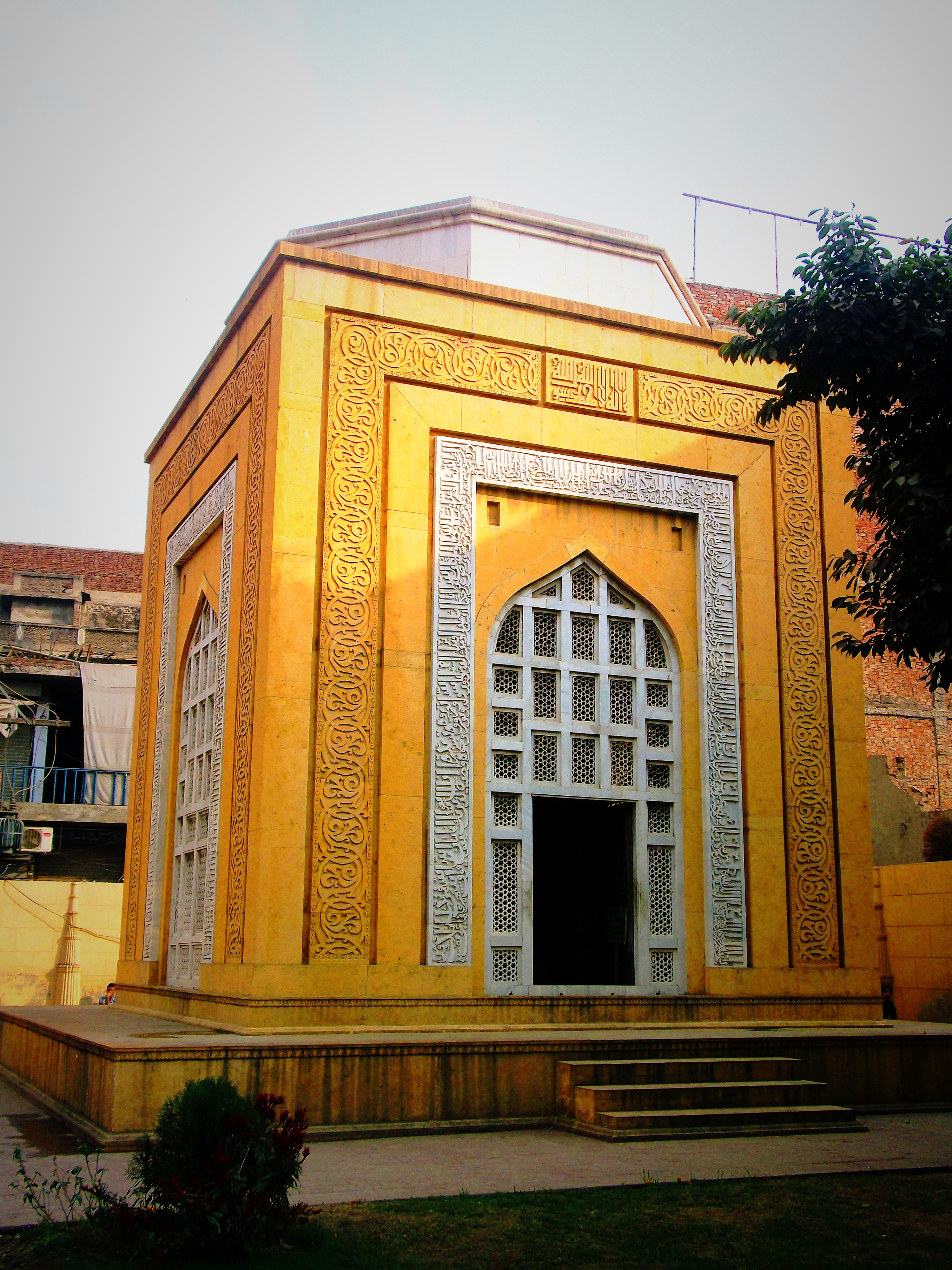Lal, K. S. (1999). Theory and practice of Muslim state in India. New Delhi: Aditya Prakashan. Chapter 7
Famous Qutb al-Din Aibak Quotes
Dr. Murray Titus quoted from B.R. Ambedkar, Pakistan or The Partition of India (1946) (Alternative translation: “those of the garrison who were wise and acute were converted to Islam, but those who stood by their ancient faith were slain with the sword”. Lal, K. S. (1990). Indian muslims: Who are they. Original quote is from Hasan Nizami, Taj-ul-Maasir, E.D. https://archive.org/stream/cu31924073036729#page/n237/mode/2up/)
Dr. Murray Titus quoted from B.R. Ambedkar, Pakistan or The Partition of India (1946)
Thus enslavement resulted in conversion and conversion in accelerated growth of Muslim population.
Hasan Nizami, Taj-u-Maasir, E.D., II, 231. Farishtah, I, 62. quoted from Lal, K. S. (1994). Muslim slave system in medieval India. New Delhi: Aditya Prakashan. Chapter 5
“In this improvisation,” rightly observes Habibullah, “was symbolised the whole Mamluk history”.
Lal, K. S. (1994). Muslim slave system in medieval India. New Delhi: Aditya Prakashan. Chapter 8 (quoting A.B.M. Habibullah, The Foundation of Muslim Rule in India)
Fakhr-i-Mudabbir, Tarikh Fakhruddin Mubarak Shah, p. 20. quoted from Lal, K. S. (1999). Theory and practice of Muslim state in India. New Delhi: Aditya Prakashan. Chapter 4
Qutb al-Din Aibak Quotes
Lal, K. S. (1994). Muslim slave system in medieval India. New Delhi: Aditya Prakashan. Chapter 10, (quoting Hasan Nizami, Taj-ul-Maasir, E. D., II; Minhaj)
No wonder that slaves began to fill the households of every Turk from the very beginning of Muslim rule in India. Fakhr-i-Mudabbir informs us that as a result of the Muslim achievements under Muhammad Ghauri and Qutbuddin Aibak, “even a poor householder (or soldier) who did not possess a single slave before became the owner of numerous slaves of all description …” Lal, K. S. (1992). The legacy of Muslim rule in India. New Delhi: Aditya Prakashan. Chapter 7 (quoting Kamil-ut-Tawarikh, E and D, II, p. 250-1; Tarikh-i-Fakhruddin Mubarak Shah, p. 20.)
Lal, K. S. (1992). The legacy of Muslim rule in India. New Delhi: Aditya Prakashan. Chapter 7 (quoting Kamil-ut-Tawarikh, E and D, II, p. 250-1; Tarikh-i-Fakhruddin Mubarak Shah, p. 20.)
Dr. Murray Titus quoted from B.R. Ambedkar, Pakistan or The Partition of India (1946)
Hasan Nizami, quoted from Goel, Sita Ram (2001). The story of Islamic imperialism in India. ISBN 9788185990231 Ch. 6
Quoted from Lal, K. S. (1999). Theory and practice of Muslim state in India. New Delhi: Aditya Prakashan. Chapter 5 (quoting Gordon Sanderson, 'Archaeology at the Qutb', Archaeological Survey of India Report, 1912-13; Ibn Battutah)
